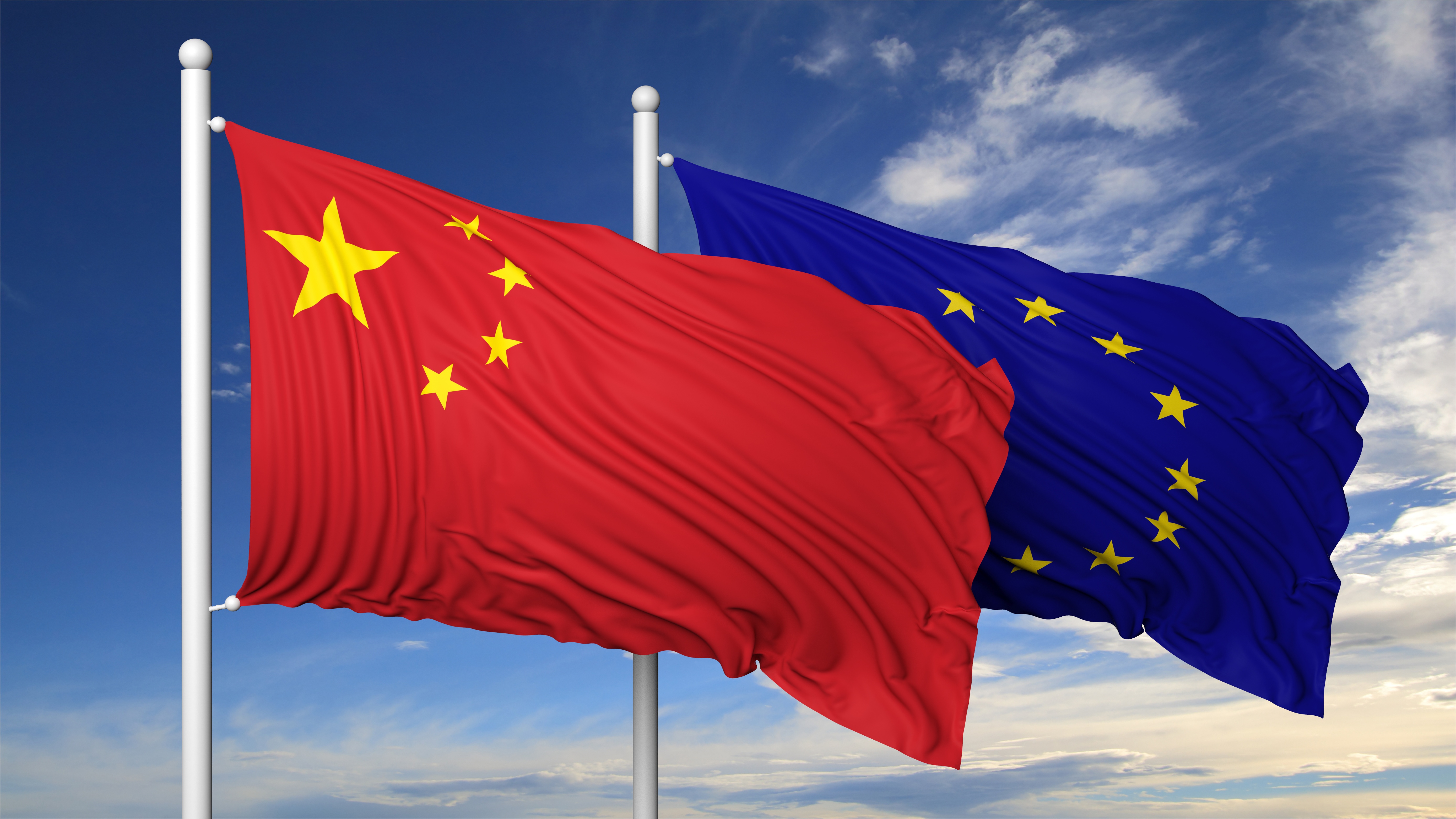 Washington needs to recognize and adapt to Indo-Pacific and European nations’ different security and economic interests in confronting Beijing, a panel of regional scholars said.
Washington needs to recognize and adapt to Indo-Pacific and European nations’ different security and economic interests in confronting Beijing, a panel of regional scholars said.
The United States “should never take any ally or partner for granted,” Andrew Oros, professor of political science at Washington College, said on Thursday. “There are real coordination problems” with U.S. Indo-Pacific allies Japan, South Korea, Thailand and the Philippines.
For example, “South Korea is now almost spending as much as Japan” on its own security, largely in response to Pyongyang’s resumed missile testing and the re-opening of a nuclear production facility.
But Seoul’s increased military spending raised eyebrows in Tokyo, according to Koji Kagotani, associate professor of economics at Osaka University. He said many in Japan see that build-up as part of an “arms race in Northeast Asia” involving the two Koreas, Japan and China. Kagotani mentioned the trade dispute between Seoul and Tokyo in 2019 that led to the cancellation of a joint sharing of intelligence agreement with each other and Washington, complicating relations among the three allies.
The new “arms race,” he added in Thursday’s Wilson Center online forum, “makes alliances more difficult.”
Japan’s Prime Minister Yoshihide Suga announced he would not stand for re-election as leader of the Liberal Democratic Party later this month, assuring a change in the country’s leadership and possible changes in its foreign policy approaches to China, South Korea and relations with the United States.
In addition, South Korea will elect a new president in March next year, who could increase the country’s cooperation with the North.
“If we cannot achieve consensus [among the three allies], it is hard to take a hard line against China” without American leadership.
In Southeast Asia, Ja Ian Chong, associate professor of political science at the National University of Singapore,” said “there’s no cookie-cutter solution” the United States can apply in the region. Although the members of the Association of Southeast Asian Nations “claim to not [be] choosing sides” between Washington and Beijing, there are stark differences in needs.
The poorest mainland countries, like Cambodia, are interested in the infrastructure investments of China’s Belt and Road, while the maritime countries, like Singapore, concerned about trade and tensions in the South China Sea, are interested in higher-end investments with China, the United States and Europe.
“Their interests are pulling in different directions,” he added, saying this division of interests exists even in the city-state of Singapore, a key regional partner of the United States whose port is used by American Littoral Combat Ships. In Singapore, Chong said, there is a split between the rank-and-file citizens with historic and deep ethnic ties to China and elites who are wary of Beijing’s regional ambitions and the city-state’s future.
Brian Carlson, head of the Center for Security Studies at ETH Zurich’s global security team, said that while Europe and NATO now recognize China as a competitor economically and militarily “there are diverging views” over how to meet the challenge.
He said China’s cyberattacks and disinformation campaign, as well as its offers to extend the Belt and Road infrastructure program into Central and Eastern Europe, were aimed at “weakening Europe and dividing it from the United States.”
But he added that the recognized security threat, especially to trade, has caused Germany to send naval vessels to the South China Sea in a demonstration of presence to Beijing. Berlin’s foreign and trade policy remains keeping an “equilibrium” between the United States and China. Carlson added that 40 percent of carmaker Volkswagen’s exports are to China.
As the largest European economy, “Germany is key” to any coordinated U.S.-European strategy concerning China, he said.
Like Japan and South Korea, Germany will soon have new leadership, following elections later this month. Chancellor Angela Merkel is stepping down from office.
Scholars in Taiwan see openings for Washington with other nations across the Indo-Pacific based on China’s most recent behavior.
China’s President Xi Jinping’s drive “to concentrate power in his hands,” the crushing of democratic dissent in Hong Kong and its “wolf-warrior diplomacy” of threats and bullying of neighbors have made “many, many countries cautious” about dealing with Beijing in the recent past.
Not even its “vaccine diplomacy” of sending its COVID-19 vaccines abroad has “overcome the trust deficit,” particularly among its closest neighbors, Wen-Chin Wu, associate research fellow of political science at Taiwan’s Academia Sinica, said.
“When people can choose, they won’t choose China. They have higher trust in the U.S.” and its vaccines, he said.
Using Vice President Kamala Harris’ recent visits to Vietnam and Singapore, Chong said he was optimistic about the administration’s commitment to engagement that recognizes the different interests of the region.





